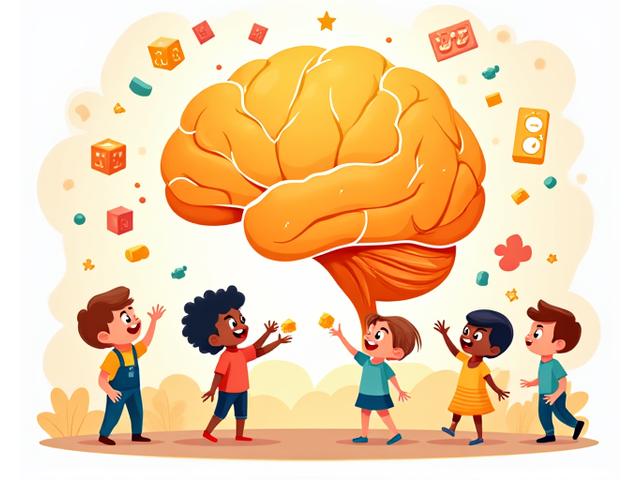The Science of Building Better Thinking Skills
At FeatherPaw Games, we're not just creating fun distractions; we're building the foundations for lifelong learning. Our mobile games are meticulously designed based on the latest neuroscience and child psychology research to genuinely enhance your child's cognitive abilities.
The early years are a critical window for brain development. Through joyful, interactive play, we can significantly boost key cognitive capacities, setting your child up for academic success and confident problem-solving. Research consistently shows that engaging, purposeful play can be as effective, if not more effective, than traditional methods in developing young minds.
Explore Our Approach
Building the CEO Skills of the Brain: Executive Functions
Working Memory Enhancement
Our games feature challenges that require children to remember and manipulate information, such as recalling a sequence of colors or animal sounds. This actively strengthens their working memory, crucial for understanding complex instructions and problem-solving.
Targeted game examples: Pattern recall, memory matching.
Attention Control Development
Through engaging and carefully timed interactions, our games help children sustain focus, selectively attend to important cues, and filter out distractions. This builds the foundation for concentration in real-world learning.
Targeted game examples: Spot-the-difference, focus challenges.
Cognitive Flexibility Training
We introduce varied rule sets and perspectives within game levels, encouraging children to adapt their thinking and switch between tasks. This fosters mental agility and problem-solving creativity.
Targeted game examples: Rule-switching puzzles, multi-outcome scenarios.
Inhibitory Control Strengthening
Games that require a child to pause, think before acting, or resist impulsive responses are key for developing self-regulation. Our activities gently guide children to exercise this vital